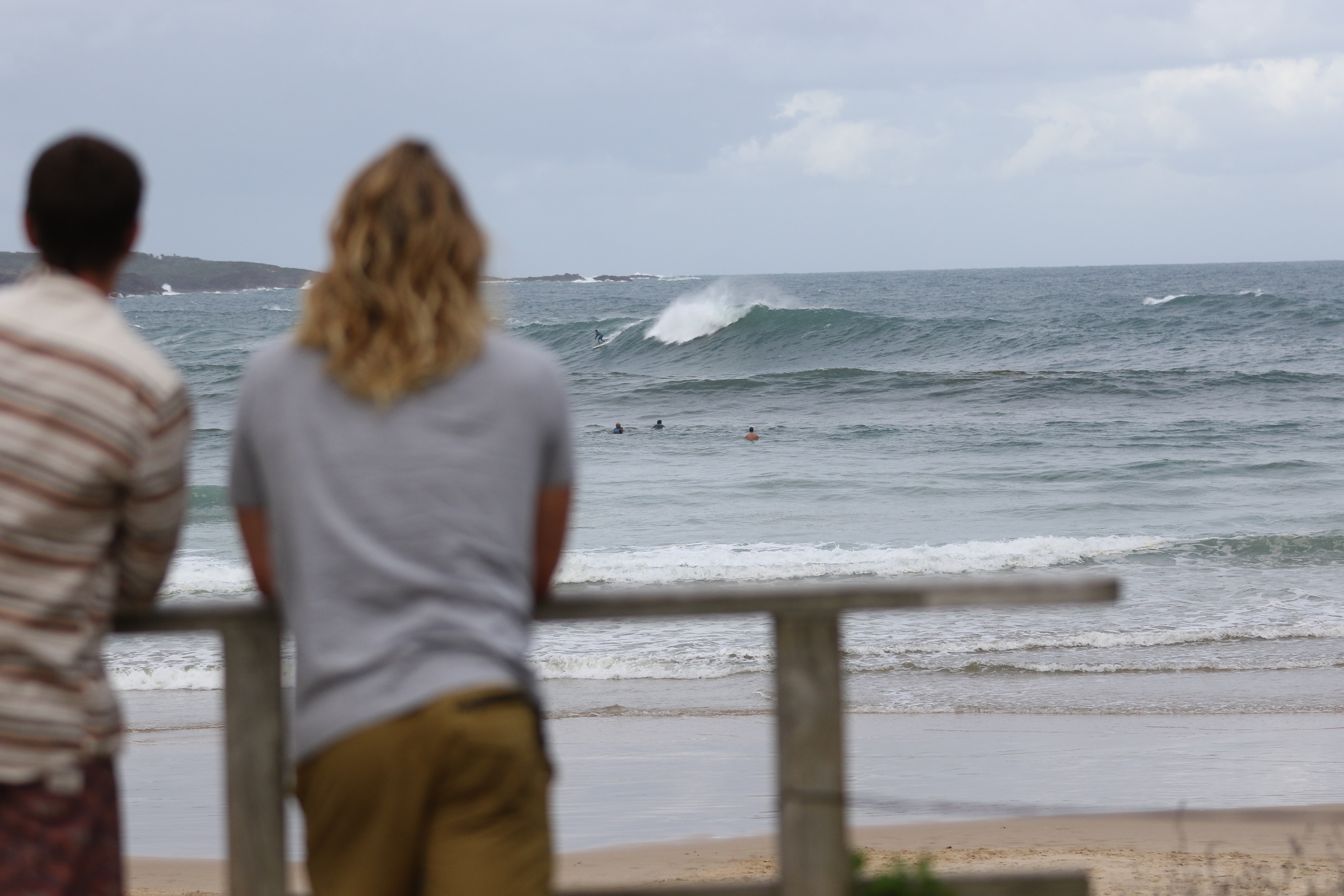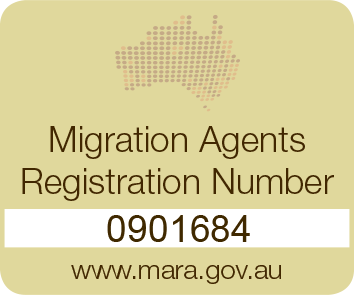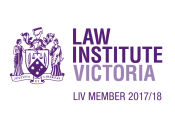Overstayed your Australian visa and become unlawful?
Do. Not. Panic.
Depending on your circumstances, you may be able to continue to stay in the country on a new visa. In this article and video, we’re going to map out the various pathways that may be available to you if you have overstayed your Australian visa and have become unlawful.
Before you begin
Whatever your circumstances happen to be, we strongly recommend you talk to an immigration lawyer before you report to the Department of Home Affairs. An immigration lawyer will discuss all the available visa options with you and any information you provide will be privileged (confidential unless you consent to it being released).
On the other hand, if you present yourself to the Department of Home Affairs without first seeking the advice of an immigration lawyer, you will be instructed to leave the country and granted a very short temporary Bridging Visa E (BVE) which gives you only enough time to make travel arrangements.
Part 1: Assessing your situation
There are three key factors which affect which visa pathways are available to you once your visa has expired and you have become unlawful: these are the amount of time which has elapsed since your visa expired, whether or not you have applied for and been refused another visa, and whether your last visa had a “no further stay” condition.
How long ago did your visa expire?
If your visa has expired within the past 28 days, there are different options available to you. The Department of Home Affairs offers a 28 day ‘grace period’ during which time you can generally apply for another type of visa without being subject to the 3 year exclusion period.
This exclusion period bars you from applying for any temporary Australian visa for 3 years after you’ve left the country.
Have you had a visa refused or had your visa cancelled?
If you are currently unlawful and have already applied for and been refused another visa since arriving in Australia or had your visa cancelled, you may be subject to what is known as the Section 48 bar.
Section 48 of the Migration Act 1958 (Cth) bars applicants who have been refused or had their visa cancelled from applying for a new visa whilst in the Australia unless the visa is listed as an exception in Regulation 2.12(1). Visa types which are exempted from Section 48 include partner visas, child visas and protection visas ,as well as a few other very specific and temporary visa types.
Did you have a “no further stay condition” on your last visa?
Some visas are granted with a Condition 8503 – No further stay.
If yours had this condition (even if the visa has now expired), it must be waived by the Dept prior to you being able to lodge a new visa application. Waivers are granted only in very limited circumstances.
Part 2: Bridging Visa E (BVE)
Regardless of your circumstances or what visa pathway you want to take, when you present yourself to the Department of Home Affairs you will be granted a Bridging Visa E for the remainder of your stay in Australia. In limited circumstances, the Dept may detain you.
Timeframe
A Bridging Visa E is only a temporary, short term visa which is granted whilst you make arrangements to leave the country or until an immigration matter is resolved. This type of bridging visa generally comes with a short term fixed expiry date or remains valid until 35 days after a decision is made on a visa application. You cannot stay in the country long-term on this visa and it is not a visa solution.
Your rights on a Bridging Visa E
Whether or not you are able to work on a BVE depends on your circumstances. You may be able to apply for work rights on this visa if you have compelling reasons. You cannot travel on this visa and cannot apply to travel. If you leave the country on a BVE, the exclusion ban preventing you from applying for a substantive visa for 3 years will come into effect.
Part 3: Looking at your options
Applying for a new visa
If you want to stay in Australia, you need to apply for another substantive visa (ie a visa other than a bridging visa).
Immigration officers are not qualified to provide you with visa advice and once you are unlawful, we do not recommend trying to negotiate the visa application system on your own as matters tend to become more complex.
Get in touch with an Immigration Lawyer
Get in touch with one of AHWC’s immigration lawyers to discuss your options. We specialise in Australian visas and have extensive knowledge of the law and the various visa pathways available to individuals who are unlawful.
When you book an appointment with us, we will sit down and discuss your situation with you to understand your circumstances.
If we are able to do this, many more visa options may be available to you. It will depend upon your skills & experience or your relationship if you have an Australian Partner. This blog post is not the place to discuss our unique strategy – which for your reassurance is completely with the provisions of the regulations.
We’d be happy to discuss it with you at a confidential Consultation,
Please Book yours here and get some long-forgotten peace of mind.
Explore all you Visa options.
Next, we will discuss all of the available visa options to you.
The types of visas you are eligible for will be limited due to the fact that you are on a Bridging Visa E. For example, most SkillSelect visa types, as well as employer nominated visas, require a higher level of bridging visa (A, B or C) and once you progress further down the alphabet of bridging visas, you cannot progress forwards.
Visa pathways which may be available to you include partner, child, temporary protection, medical treatment and resolution of status. We advise you strongly not to do this on your own. Get professional experienced help.
Leaving the country
If your visa has expired and you have made travel arrangements to leave the country, you will not be detained at the airport but immigration officers may speak with you prior to your departure.
If you want to leave the country but do not have the money to purchase a ticket, the Department of Home Affairs expects you to make arrangements to pay for a ticket home which may involve asking for help from family or friends.
Staying in the country unlawfully
This is not a legal option and we strongly recommend against living illegally in Australia. If you decide to continue staying in Australia after your visa has expired, and do not report your status to the Department of Home Affairs you will become what is known as an unlawful non-citizen. Police or Border Protection Officers may arrest you and detain you if they suspect you are an unlawful non-citizen.
If they do, you will be held in immigration detention until it is practical for you to be deported. You will most likely be made to pay the costs associated with locating and removing you (up to a maximum of AUD$10,000) and you will be barred from applying for a visa and re-entering Australia for at least 3 years.
Detention
If you are detained in immigration detention, you do still have the right to request legal and migration advice but unless your circumstances are extraordinary, you are unlikely to be granted another visa at this stage.
It is always better to apply for a visa before you are found to be unlawful so exploring your options before you get to this point is best. The only way you may be released from immigration detention is if you make a valid application for another visa, agree to depart Australia voluntarily or you are deported.
Part 4: The bottom line
If your Australian visa has expired and you want to remain in the country you do have legal options. We know being in this situation can be incredibly stressful and we are here to help.
AHWC Immigration Law can help you negotiate the Department of Home Affairs, help you explore your options and hopefully find a visa pathway that enables you to stay in the country.
The worst thing you can do if you are in this situation is sit on your thumbs, so give us a call on 1300 887 818 and let us resolve this situation for you.
☛ Other useful information
How do I check my visa status?
Checking your visa status is easy and can be done online or even via an app. Go to the Visa Entitlement Verification Online (VEVO) or download the myVEVO app to gain access to all your visa details and conditions.
If you are certain you are unlawful, have an Immigration Lawyer check your visa status, as we have experienced our clients being traced to location following a VEVO search by them when unlawful.
Can I extend my current Australian visa?
In a word; no. All Australian visas have an expiration date and cannot be extended. However, you can apply for a new visa and continue to stay on in the country.
My Australian visa is about to expire what do I do?
If you know your Australian visa is about to expire and you want to stay in the country, you are far better off exploring your options now rather than waiting until you become unlawful. If you are on a valid substantive visa in Australia there are far more visa pathways available to you.
Get in touch with us to find out which visa pathway would best suit your circumstances.
I want to apply for another visa but am unsure about what my options are
Once you are in Australia on a visa, your immigration situation becomes a little more complex and it can be difficult to determine which visa pathway to go down even if you successfully applied by yourself the first time. If you are at all unsure about your visa options or an application, we recommend talking things over with a registered migration agent or immigration lawyer.
My passport has expired, what do I do?
If your passport has expired, your visa is still valid if it hasn’t expired. We recommend getting in touch with your country’s consulate in Australia to organise a new passport. Once you have done this, you need to notify the Department of Home Affairs to ensure your details are up to date.
Even if an expired passport is linked to your visa, you may be still be able to check your visa details online, however see our warning above.


 Points Test
Points Test
 Book Now
Book Now 


